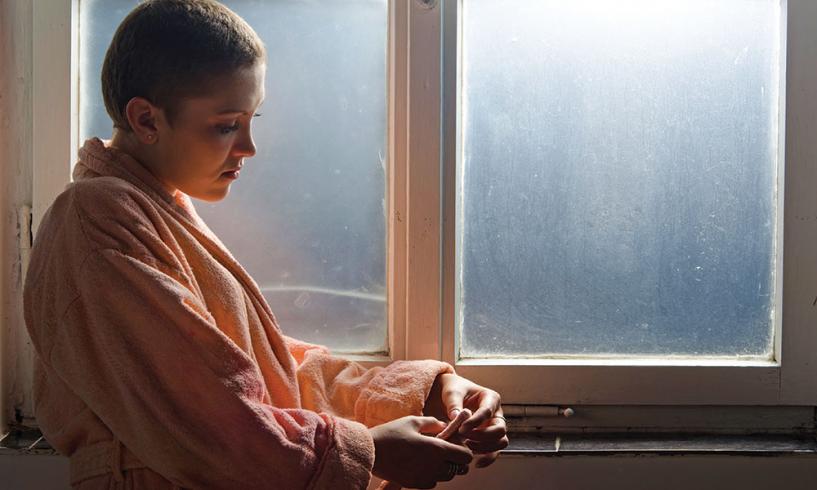Adolescent and young adult survivors of blood cancers are suffering from psychological diagnoses of depression, anxiety, and post-traumatic stress (PTS), researchers reported in a recent study published in Cancer.
The researchers surveyed 61 patients, aged 15–39, who were diagnosed with acute leukemia, non-Hodgkin lymphoma, or Hodgkin lymphoma. The surveys took place during curative-intent treatment or in early survivorship—within two years of remission.
Among the patients, 23% met the diagnosis criteria for anxiety, 28% met criteria for depression, and 13% met the criteria for a PTS diagnosis. A total of 46% indicated that they suffered from PTS symptoms during curative-intent treatment or in early survivorship. Additionally, 39% of patients were diagnosed with more than one psychological morbidity. Provider perceptions of mental illness diagnoses did not correlate with what survivors and patients reported on their surveys.
Oncology nurses are in the unique position to help identify, recognize, and potentially affect the onset of certain psychological issues, including anxiety, depression, and PTS in young adult and adolescent patients with blood cancers. According to ONS’s Putting Evidence Into Practice resources (ONS, 2015a, 2015b), depression may be addressed through psychological education, coaching, antidepressants, and other interventions. Anxiety may be addressed through psychoeducation and psychoeducational interventions.






